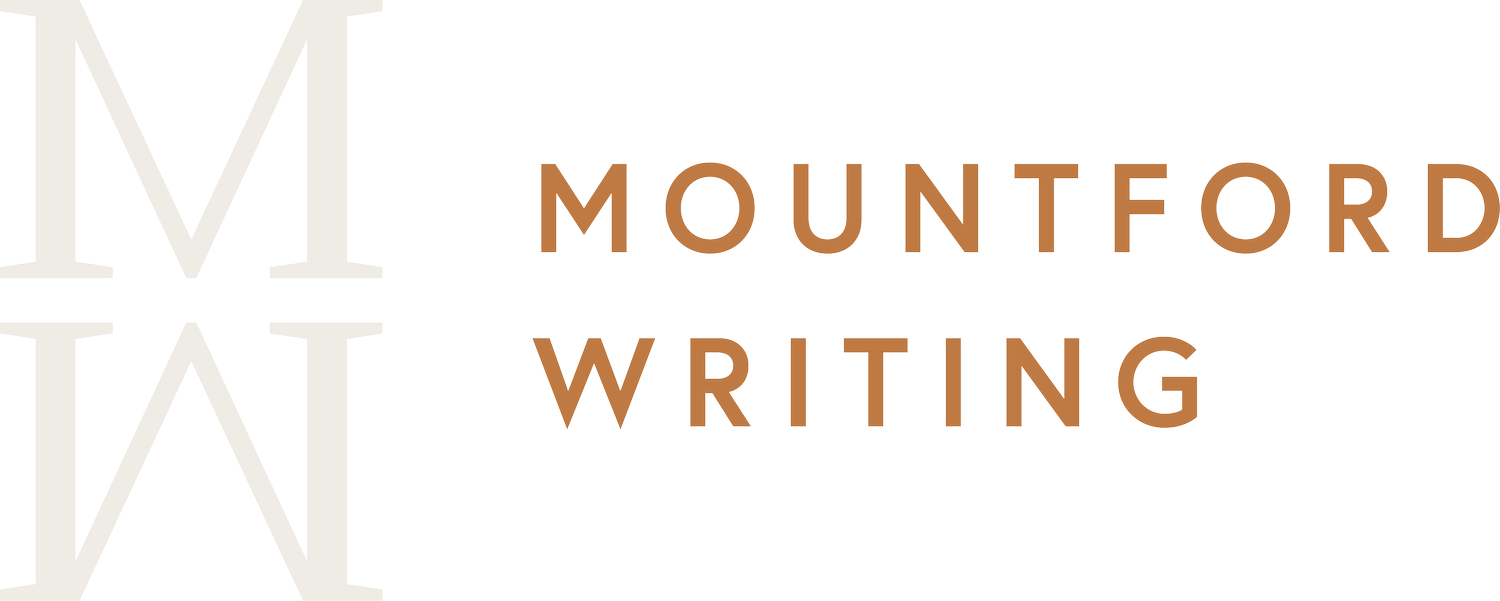Sending Out Your Short Story: The Nitty Gritty (including stuff people don’t normally tell you)
Short stories can be very challenging to write—specifically, they’re hard to do well (it’s fairly easy to write a so-so story), but creating a powerful short story is one of the most exhilarating creative experiences I’ve ever known. And publishing stories can be rewarding. For many writers, building a resume with story publications is just about the only way to get the attention of a literary agent.
Short stories rely on tight, concise language and powerful, surprising turns in narrative amid vivid scenes. These stories also require crisp, believable characters and powerful emotional resonance—getting that big payoff in a small canvas can be hard, but that’s what the best stories achieve.
Somewhere between a poem and a novel, a short story provides the writer with the chance to achieve maximum impact in a limited space.
Where to Send Short Stories
Many opportunities for publishing short stories exist, including:
Literary magazines: Most published short stories are found in literary magazines. These range from the most illustrious, like Granta and Paris Review, to very small online journals with very few readers (I won’t name any because that’d be rude, but you’ll know them when you see them).
Genre magazines: Some magazines focus on mystery, horror, sci-fi/fantasy, and children’s genres, such as Ellery Queen’s Mystery Magazine. These are fairly rare. More on this later.
General publications: A handful of general-interest magazines publish short stories, such as Harper’s and The New Yorker. Once in a great while, Esquire or Playboy will publish a short story, too. These markets pay tremendous sums and are incredibly competitive.
Anthologies: Collections of short stories are often published as anthologies focused on a particular subject, such as travel or love; a call is put out for short story submissions. However, many anthologies are simply collections of already-published stories.
Writing contests: Most are affiliated with literary magazines, and winners are published. Often, finalists and even runners-up are also offered a spot in the magazine. A handful of other contests do NOT include an offer of publication, but this is quite rare.
Self-publishing: You can publish and sell works through Amazon, but it is almost impossible to find readers this way.
How to Get Paid for Short Stories
I’ve worked with a variety of publications, including small and large literary magazines, competitions, and anthologies. The Paris Review paid .50/word for one story, while the Missouri Review paid around .10/word. I’ve even written for free or contributor’s copies. Guernica is an example of an online publication that doesn’t pay well for short stories but is very prestigious and hard to get into.
In general, you might want to attempt to first publish with higher-tier publications that pay more in prestige (and often, money) before sending elsewhere. However, it takes a certain amount of self-awareness to be able to determine if your short story is of high enough quality and a good fit for the likes of Ploughshares.
You can book an appointment with me or another writing consultant to review and let you know if a short story is ready for publication and good outlets to send to.
Examples of Short Story Payment
Generally, all print publications will offer contributor copies. Both print and online publications might offer pay per piece or per word for your short story. Pay for a short story ranges from $0, which is extremely common, to a small token flat fee, or more, up to a couple of dollars a word at The New Yorker. Many magazines that do pay offer a flat rate, often somewhere in the hundreds of dollars. Here are some examples of pay:
Publishing Short Stories
| Publication | Genre | Word Count | Pay |
|---|---|---|---|
| One Story | Literary | 3,000-8,000 words | $500 |
| Virginia Quarterly Review | Literary | 2,500–8,000 words | $1000 and up |
| Paris Review | Literary | 1,000-10,000 words | .50/word |
| Missouri Review | Literary | 1,000-6,000 words | $25/page |
| CutBank Big Sky, Small Prose Contest | Literary | Under 750 words | $500 |
| Alfred Hitchcock’s Mystery Magazine | Mystery | Under 12,000 words | .05-.08/word |
| Clarkesworld | Sci-Fi or Fantasy | 1,000-22,000 words | .12/word |
FAQs
Can I Submit to More Than One Magazine at a Time?
Yes. Simultaneous submissions are usually allowed by different publications (except for Clarkesworld, and some places with a very fast turnaround time). But if your story is accepted elsewhere, you’ll need to tell all other publications immediately. If you use Submittable, you’ll withdraw your submission in your account.
How Do I Know If My Short Story Is Ready to Submit?
After years of being part of a writing group, taking a lot of writing classes, and working with a coach, it will become easy for you to self-assess. In the meantime, you make it as strong as possible. Read it aloud. Or better yet: imagine you’re in the audience while someone else is reading it aloud. How does it sound?
Is It Smart to Submit a Short Story to a Contest?
Yes, if you can afford it. They’re anonymous, so the editors can’t hold it against you that your name is not Joyce Carol Oates. It’s a rare meritocracy. Obviously, the fees can add up. On the plus side, even if you place as a runner-up or finalist, it’s something you can put on your writing resume.
How Do I Submit a Story to the New Yorker?
First of all, congratulations on your confidence. Secondly, hopefully, your literary agent is sending it in because that’s more or less the only way to get a story in the New Yorker. If you don’t have an agent, it’s fine, just send it in, but it’s kind of like trying to audition for the lead role in a major Hollywood film without acting experience.
